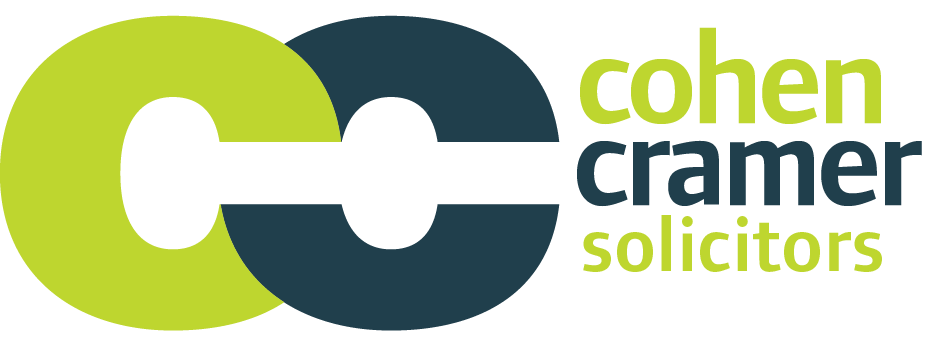Trusts are an important part of your estate plan if you have assets over the Inheritance Tax threshold. Cohen Cramer can provide you advice concerning the correct planning of gifts made in your lifetime, trusts and the terms of your Will, it may be possible to remove or minimise any liability for Inheritance Tax.
Trusts ensure that money or property, managed by a trustee, is set aside and made available to the beneficiary in the way that you chose. There are different types of trust for different purposes. The type of trusts you will need depends on what you want the purpose of the trust to be.
What is a trust?
It is simply a way of passing the benefit of assets or money to other people without them taking possession of the funds outright. A trust can be set up whilst you are living or in the terms of your will. You or your chosen trustees retain control of the capital, continuing to manage the investments as you wish, while ensuring it is used to benefit future generations.
Benefits of Setting up a Trust
Perhaps one of the most powerful benefits of a trust is its flexibility: it can be as constrained or as wide-reaching as you like.For example, you could instruct that income has to be split between beneficiaries equally regardless of their circumstances, or you could leave it to the trustees to decide annually who should receive what in light of their changing circumstances.
What is the tax position?
Where the person who creates the trust is excluded from benefit – that is, they cannot get the money back themselves – the tax consequences are not particularly harsh. Each person can give away up to £325,000 of assets without incurring an inheritance tax (IHT) charge, so long as they have not made significant gifts in the previous seven years.
If there would normally be a capital gains tax (CGT) charge on transferring these assets, the donor can claim to ‘hold-over’ the gain to the trustees, so that there is no tax charge until the assets are sold later.
The trust itself pays tax as if it were an additional rate taxpayer, so income tax is applied at 50% and CGT at 28%. However, if the income is then handed out to the beneficiaries, they may be able to recover much of the tax that the trustees will have paid. It is also possible to set the trust up so that the income goes to the beneficiaries automatically, in which case the trust does not pay any income tax at all.
Contact the team at Cohen Cramer for clear, sensitive, professional advice:
- Call: Nicola White on 0113 224 7843
- Email: nicola.white@cohencramer.co.uk
- Request a call back using the form at the bottom of this page
For the Quality Legal Service You Deserve
